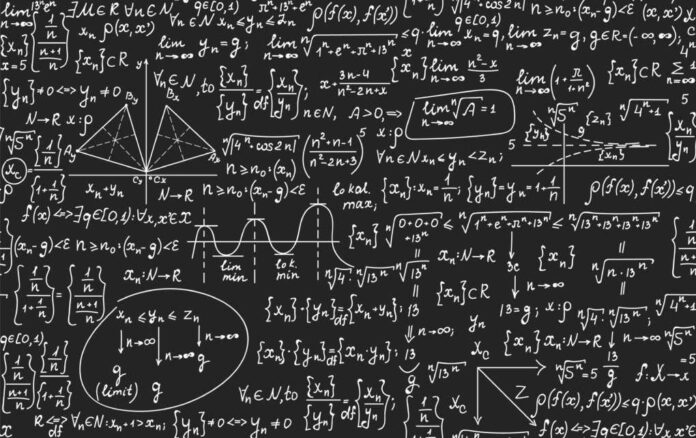
Dyscalculia is a learning disability characterized by difficulty understanding numbers and solving math problems.
Dyscalculia can make it difficult to understand and perform simple mathematical tasks, no matter how much you practice or try to understand the concepts.
Until recently, people living with dyscalculia didn’t have many options for treatment.
But a new study suggests that transcranial random noise stimulation (TRNS) may be an effective treatment for dyscalculia.
What is Transcranial Random Noise Stimulation?
TRNS is a non-invasive brain stimulation technique that uses low levels of electrical stimulation to activate specific areas of the brain.
TRNS has been tried as a treatment for various conditions, including migraines, depression, schizophrenia, ADHD, and OCD, with mixed results.
Since it is still a relatively new treatment methodology, only a few small studies have been done to test its effectiveness.
One area where TRNS has shown some promise is treating dyscalculia.
TRNS For Improving Math Performance
A key brain region for arithmetic is the bilateral dorsolateral prefrontal cortex.
People with dyscalculia appear to have more brain activity in the hippocampal region when they work on math problems, suggesting they are likely using memory-based strategies to compensate for the difficulty in symbolic processing.
In a study by researchers from the University of Oxford, it was demonstrated that five consecutive days of TRNS to the bilateral dorsolateral prefrontal cortex improved math performance in people with dyscalculia.
Even at the six-month follow-up, the participants who underwent the TRNS treatment performed better than the control group who didn’t receive TRNS.
These results demonstrate the possibility of long-term enhancement of cognitive functions.
But It’s Not A Performance Enhancer
TRNS does not appear to help people perform better at math if they don’t have dyscalculia.
This may be because people without dyscalculia already have regular brain activity in the dorsolateral prefrontal cortex.
It should also be noted that this isn’t a sci-fi intelligence booster. It may be a helpful way to improve math skills for people with dyscalculia, but it will not turn you into a math genius.
TRNS is still in the early stages of research, and it’s too soon to say what it is and isn’t effective for.
But the preliminary results are promising and suggest that TRNS may be a helpful treatment for dyscalculia, which might lead to future developments in the treatment of other learning disabilities.






















